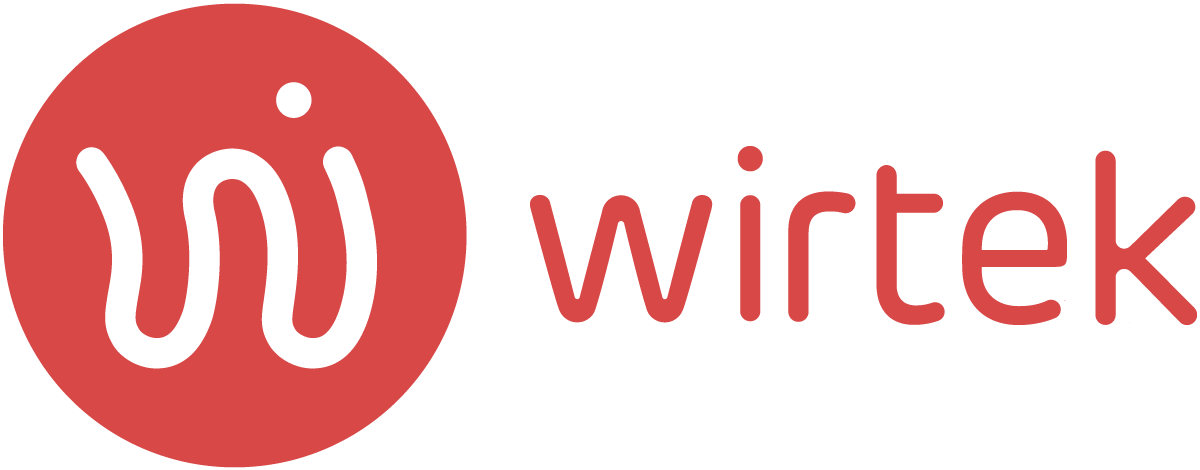- Blog
Sign up to our newsletter
How to select a reliable software outsourcing company
As the global landscape of technology continues to evolve at a lightning-fast pace, it's crucial to align your business with partners who not only comprehend but navigate these shifts seamlessly. According to an Accelerance report, more than 60% of software companies are going to outsource at least part of their application development in 2023.
The demand is predicted to rise as businesses increasingly seek to capitalize on the benefits of leveraging global talent.
Which Criteria should you consider when selecting a software development partner?
When considering which software outsourcing company to choose, some obvious criteria (such as technical expertise and experience) are easy to spot and asses. But other less obvious ones can make or break the success of your collaboration: the outsourcing company’s culture and how compatible their culture is with yours, having a partnership mindset, and how well they communicate day-to-day.
Working with a software outsourcing company is a long-term investment. The outsourcing partner goes through an initial learning curve to learn about your product, your business, and your processes. But once the outsourcing partner has gained that initial know-how, they are best positioned to contribute with ideas and be proactive, and you can see the benefits of a long-term collaboration.
Here are the most important criteria we believe will impact an outsourcing collaboration’s success in 2023 and beyond:
- The outsourcing vendor thinks and acts like a partner
- Company culture and values
- Agile software development processes
- Effective communication and collaboration
- Technical expertise
- Employee retention & reliable access to talent
- Training and learning opportunities
- Scalability & remote team management
- Proven track record & data security
- Flexibility for testing the collaboration
1. The outsourcing vendor thinks and acts like a partner
When the outsourcing provider thinks of your collaboration as a partnership, they are equally invested in your success.
They are not a simple provider that delivers lines of code and tasks, they are interested in the end product and how they can improve it. They try to understand your product and business and come up with ideas of how to do things better, even when that means changing the initial plan.
To understand where potential providers stand relationship-wise, you can ask how often they communicate with clients, how they address problems when they arise, and how they ensure the outsourced engineering team is aligned with the client’s team.
At Wirtek, we believe that the quality of our client relationship matters just as much as the quality of the delivered services. Because of that, we dedicate time and effort to building and maintaining partnerships with our clients: around 25% of our current clients have been working with us for 10+ years.
Investing in our client relationships comes with a number of benefits:
- It enables us to understand our clients’ needs, find solutions, and challenge them when we are confident we have a better solution or approach. And that results in better products, happier clients, and long partnerships.
- Our colleagues are more committed to their work, as they feel part of something bigger than just delivering billable hours. Our people are part of our clients’ business and equally responsible for making their products successful.
The way we see client relationships is that we become an extension of their own engineering team. When you are a Wirtek client, you get a team that works with you as if it's your own. And this changes everything, from the way we interact to the level of involvement and attention we give to our client's business.
2. Company culture & values
Transparency, inclusivity, and shared values ensure smooth collaboration. When the software outsourcing provider is open about addressing problems or roadblocks, solving them is easier and faster. Roadblocks or challenges will come along in any collaboration, but what matters at the end of the day is finding solutions and fixing things. And an honest and transparent partner is quick to lay down the issue and identify the best ways to move forward.
When you can find a software outsourcing partner that is aligned with the same values as your own, working together becomes more natural. Imagine that your company values, for example, a direct, straightforward approach to communication, and you would choose a partner that prefers an indirect approach - communication would most likely be hogged down by different styles and expectations.
Asking questions related to company values, working preferences, and how things are done in the company can help you understand if a provider shares important values with your own organization.
At Wirtek, our core values are:
- Commitment: putting people first, committing to delivering quality and clients' success, assuming responsibility for our work, and going the extra mile.
- Common sense: we say things as they are, we try to do the right things, respect each other, and lead with integrity.
- Proficiency: we dare to be creative and try new approaches, keep learning, share knowledge, take initiative, and be Agile.
3. Agile software development processes
Modern software development organizations embrace the Agile principles for software development, as it allows them to deliver product features faster, in a more predictable way, and keep the software product aligned with the business goals.
Therefore you want to ask potential providers how many years of experience they have working with Agile and which methodology they prefer if they have certified Scrum masters or not.
4. Effective communication and collaboration
Good communication fosters a good relationship, especially when you work with a team that doesn't sit in your office. The biggest issues that can arise in collaborations stem from poor communication and misalignment of goals and priorities.
So when doing due diligence, make sure to ask about day-to-day communication, how the dedicated team stays aligned on goals and what needs to be done, but also how the management team deals with issues when they arise, how they respond and ask for specific examples of how they addressed issues with other clients in the past.
5. Technical expertise
This one may seem quite obvious, but it is worth mentioning that you should confirm if a given provider has the requisite skills and experience. You will want to ask about certifications, technologies they master, and the level of experience of team members.
6. Employee retention & reliable access to talent
In today's gig economy, the focus is split between traditional employee retention and maintaining access to top talent. Employee retention is still a big signal to look into, as poor employee retention signifies there is something potentially wrong such as a toxic culture.
Not to mention that having a poor retention rate could mean delays in delivery, spending time over and over to onboard new team members, and in the end, a higher cost and delays in product launches.
Gaining consistent, reliable access to experts who can deliver on your projects is a big plus for any company looking to outsource.
7. Training and learning opportunities
In a world evolving at a fast speed, such as the IT space, training and learning opportunities are not a “nice to have” anymore but a “must have.”
Asking questions about training programs and knowledge sharing in the company can reveal how much an outsourcing provider invests in training and learning.
8. Scalability & remote team management
Finding a provider who excels at scaling and managing remote teams is important. You want to ensure that, regardless of how big or complex your project is, the provider has the expertise to handle it seamlessly.
Understanding how large a provider’s organization is and how fast they can scale up a team and hire can help you decide if that is a good fit considering your goals. There is no wrong or right answer, but if you are a small or mid-business, working with a large outsourcing provider can be challenging to receive full attention alongside much larger clients. On the other hand, if you need to set up a large engineering team fast, that can be challenging for a small or midsize provider.
By choosing a provider with a solid reputation in remote team management, you can tackle the unique challenges that come with remote collaboration.
9. Proven track record & data security
Asking about previous collaborations, how previous collaborations evolved, and even speaking directly to one of their current or former clients can give you a good feeling of the providers’ professionalism and way of doing things.
Furthermore, insights into their data security practices and adherence to data privacy regulations would also be important given the increasing concerns around data security.
10. Flexibility for testing the collaboration
Before jumping into a long-term commitment, it can be useful to ask if providers offer the chance to do a pilot project first and then go into a long-term commitment such as a dedicated software engineering team.
Over 50% of companies have terminated outsourcing partnerships due to fit issues or performance, as per Deloitte's Outsourcing Amid Complexity study. A thorough due diligence process can help you find a software development vendor for a successful long-term partnership.


